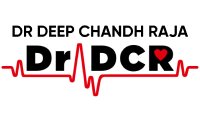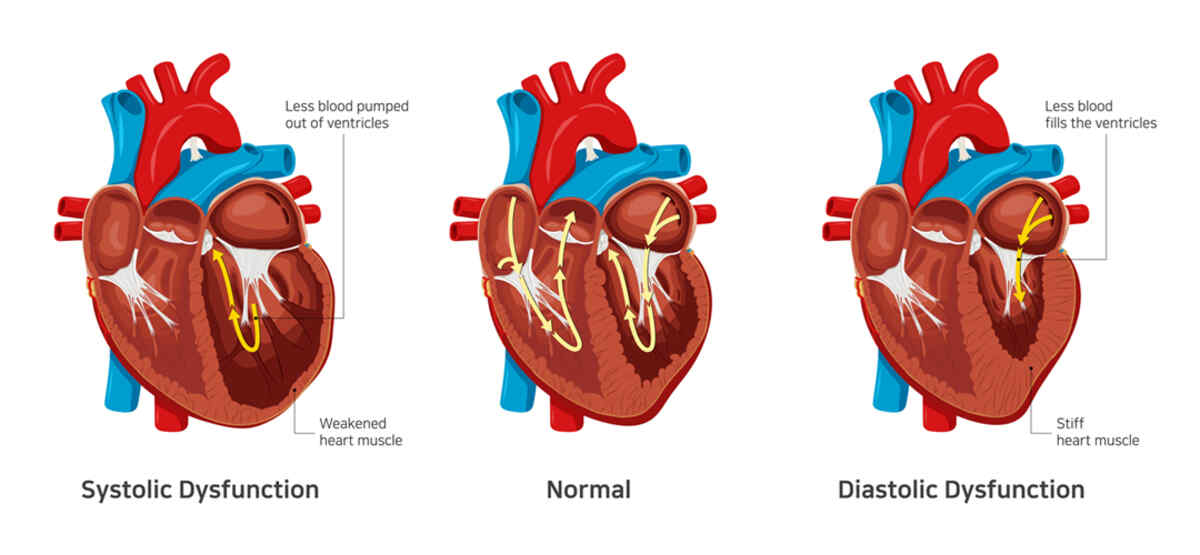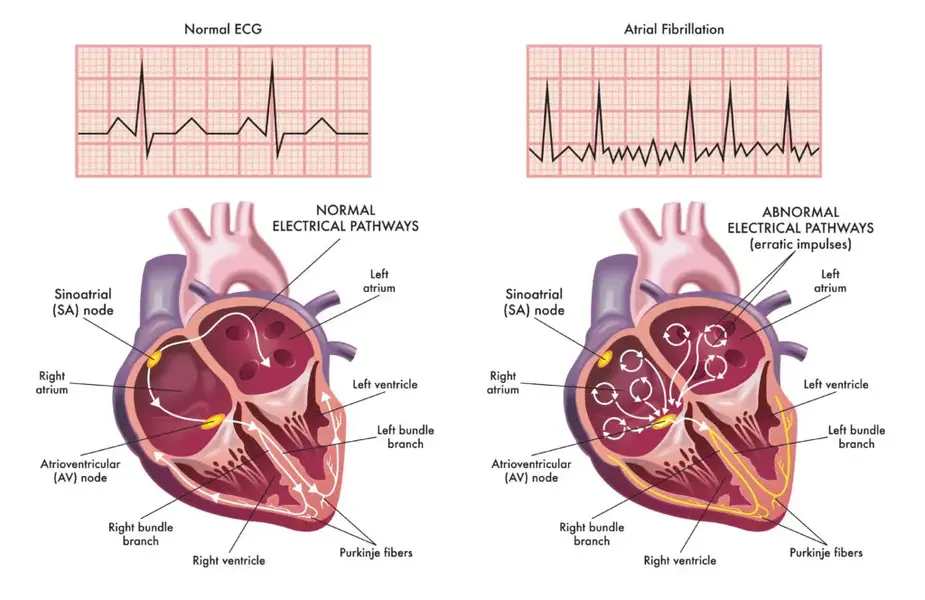An ELR is a small, portable device that continuously tracks and records your heartbeats for 30 days. It's pocket-sized. Ambulatory electrocardiograms are known as ELR and similar devices that monitor your heartbeats (ECG) during daily activities.
Why do I need ELR?
Regular electrocardiograms (ECG) show your heart's activity at a single moment during the test. A Holter monitor records heartbeats for 24-48 hours. Since abnormal rhythms can occur at any time, Dr Deep Chandh Raja – The best Cardiologist in Chennai, might need to track your heartbeats longer while you continue your daily activities.
- ELR is needed to evaluate fainting or syncope.
- ELR helps diagnose slow, fast, or irregular heartbeats.
- ELR can check if your medications are effectively treating heart rhythm issues.
- If you have a pacemaker and feel dizzy, ELR can ensure it's working correctly.
- ELR assesses the risk of future heart rhythm problems in conditions such as hypertrophic cardiomyopathy, post-heart attack, or WPW syndrome.
- The results of ELR help determine if further tests or treatments are needed for heart rhythm issues.
What are the risks of using an ELR?
Wearing an ELR is safe, poses no risks, and causes no pain.
What should I expect with an ELR?
A trained technician will attach the ELR and show you how to record your symptoms while you wear it.
- The technician will attach electrodes to your chest.
- They will help you put on the ELR and explain how to care for it.
- You can carry the ELR in a pocket or pouch or attach it to your waist.
- Continue with your everyday activities while wearing the ELR.
- The technician will teach you to record your activities and symptoms. It's essential to keep this diary accurately.
- Record the time and your activity in the diary if you experience symptoms like chest pain, shortness of breath, irregular heartbeats, or dizziness.
- Your diary will be compared to the ECG changes recorded by the ELR.
What happens after using an ELR?
After the monitoring period ends, return the ELR to the technician. They will analyze the heart activity records and prepare a report for your doctor, including your diary notes. You can expect to receive the results within one or two days.
What about using electrical appliances while wearing an ELR?
Most electrical appliances do not affect the ELR. However, while wearing it, avoid metal detectors, magnets, and microwave ovens, as they can interfere with the signal from the electrodes to the Holter monitor. Also, keep your cell phone at least 6 inches from the monitor for the same reason.
Why is an ELR more effective than other tests like ECG or Holter?
An ECG monitors your heart rhythm for only a few seconds, detecting arrhythmias. A Holter monitor tracks the rhythm for 24-48 hours, catching arrhythmias within that period. However, these tests might need to be addressed for patients with rare or short-lived symptoms over several days. An ELR, which monitors heart rhythm for 7 to 30 days, has a better chance of diagnosing infrequent or short-duration problems.


.jpg)


.jpg)